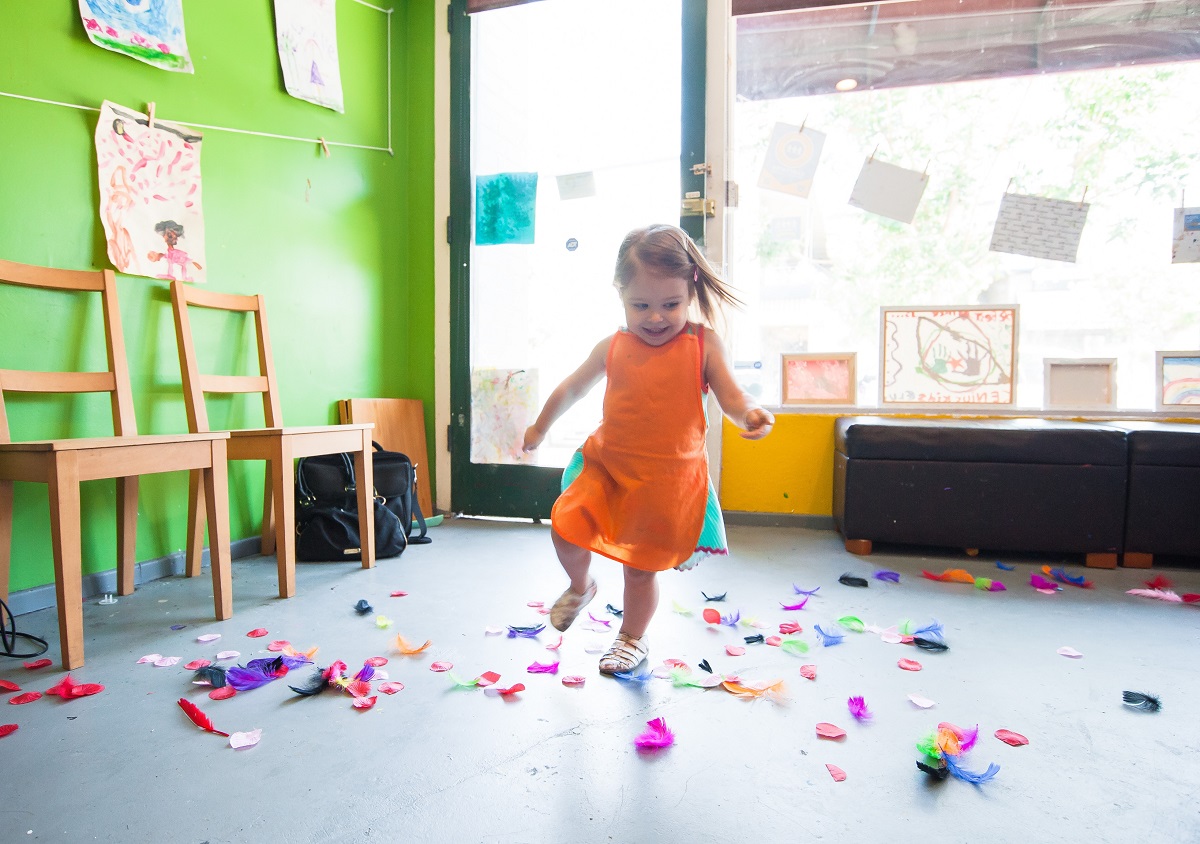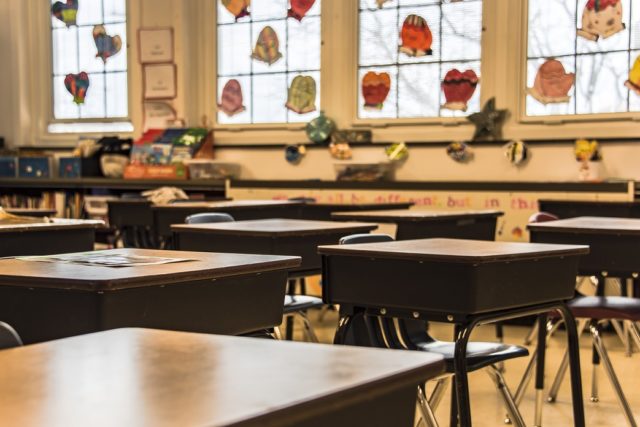But first, let’s quickly discuss your responsibilities. We need to make sure that it’s the right career for you!
Teaching in a primary school
As the foundation of a child’s learning experience, a primary school is the first step on the road to a great education.
Research shows that early schooling really does matter, as it allows the child to socialise, grow and learn in a controlled environment. It promotes skills they need for the future, which helps with further education and development.
Generally, a primary school teacher covers children from 5-11, teaching basic numeracy and literacy skills. Specifics depend on the national curriculum, and each country within the UK has different objectives.
These skills are exceptionally important in modern-day society, which makes becoming a primary school teacher especially important.
What does the role involve?
The day-to-day activities of a primary school teacher are numerous. From setting up the classroom on a morning, to staying late to speak to parents, it’s often difficult to manage everything.
Your days may be long and you’ll complete marking in your own time. As your pupils are younger, they might have difficulty staying organised. So, spending time on lesson organisation is a must.
Alongside this, speaking to parents to alleviate concerns is also important. This role requires a delicate balancing act that is hard to master, which puts many people off.
However, for those that want to educate future generations, the role couldn’t be better. You’ll be responsible, directly or indirectly, for your pupils’ every success as they navigate primary education.
They’ll look to you for guidance when they’re struggling with something and they may even see you as a parental figure. In that regard, primary education couldn’t be more rewarding. In addition, it could inspire you to become a secondary school teacher.
So, how do you become a primary school teacher?
In the UK, you need certain qualifications to teach in a state school. In England and Wales, primary school covers Reception to Year 6.
Scotland and Ireland do things slightly differently, with a Primary 1 to Primary 7 structure. Excellent literacy and numeracy skills are required, as well as great communication skills.
Teacher training
You need to possess a degree and a recognised teaching qualification before you can become a primary school teacher, so there are several paths you can choose.
If you’re certain of your career choice, one method is an undergraduate Initial Teacher Education or Training (ITET) programme, such as a Bachelor of Education (BEd) degree.
This gives you everything you need to dive straight into a teaching career.
Postgraduate training options
If you’re uncertain, or if you want to explore your options, you might want to first complete a degree in a specialised subject. This could include the big 3 (Maths, Science or English), or you could specialise in another discipline.
Once you’ve completed that course, you can then complete a postgraduate teacher training programme, which includes a PGCE and PGDE.
Points to consider
Completing these courses is one thing, but reaching university is another. If you’re already there, great work! You’re well on your way to becoming a fantastic teacher.
But if you’re not, you need to complete your GCSEs and A Levels before you can apply. Remember, many courses have specific requirements. It’s important to remain focused and study hard, as the roles are going to be reversed one day!
Other than the previously mentioned requirements, you must also pass a Police Criminal Records check or a Disclosure and Barring Service (DBS) check.
This is due to the sensitive nature of the primary school teaching position, so all prospective teachers must pass these before they’re considered for the role.
Finding a teaching position
Once you’re qualified, you’ll have to find a position in a school. There are plenty of places to look, such as REESON’s very own website.
We regularly provide specific teaching listings across the London area and we always update our website with the latest positions. You can also search for jobs across the UK via job boards like Education Jobs and CV-Library.
We hope you’ve learnt something new from our lesson today. Being a primary school teacher is an important role in the UK and we can’t wait for you to get started.
Who knows, maybe we’ll help you find your future career in a few years!
Now ace that application by learning how to write an education CV
About the author: Gavin Doyle is an educational recruitment consultant at REESON Education, London’s premier teaching recruitment industry. Originally from Truro in Cornwall, Gavin now resides in Kingston-upon-Thames and has worked in recruitment for 11 years. Prior to this, Gavin spent six years teaching PE in schools across Cornwall.







